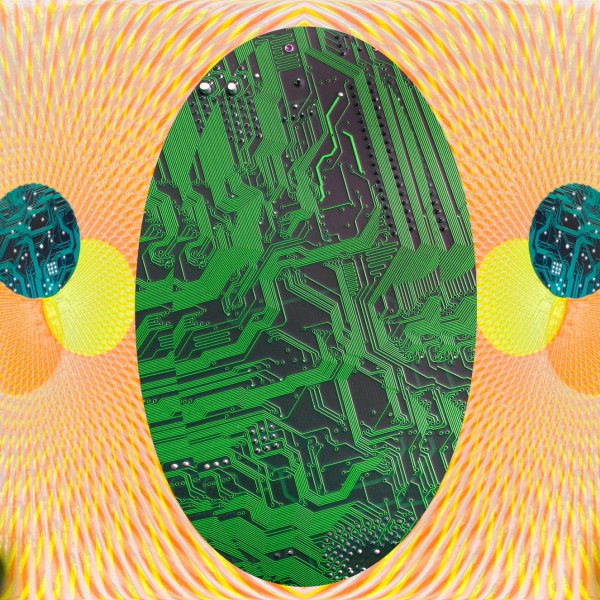<!-- wp:paragraph -->
Health care has been in the spotlight this year — and most of the focus has been on what is not working for the American people. Like many other industries that have undergone significant transformation before health care, the way forward is rarely simple or defined. There is no question it’s time for the health care industry to reflect the changing needs of America. Yet, is the health care system so broken that — to solve for 30 million more people getting access to high-quality, affordable care — we must throw out what is currently working for the 300 million people who have access to coverage while we are working on the real issue of affordability?
More Coverage
<!-- /wp:paragraph --><!-- wp:paragraph -->
Since the end of World War II, the building block of the American system of health care has been employer-based coverage, which left gaps that had to be addressed. In 1965, America agreed to take care of the poor and the elderly through Medicaid and Medicare. Since then, our system of health coverage has continued to evolve, and the Affordable Care Act (ACA) became an important next step in covering more people for their health care needs.
<!-- /wp:paragraph --><!-- wp:paragraph -->
Today, we have about 155 million Americans covered by their employer, 40 million by Medicare and 70 million by Medicaid. Approximately 20 million people gained health coverage through the ACA, but 30 million remain uninsured. Our work is not done. Too many Americans who are poor and considered the “working poor” are locked out of the front door to the health care system. For many, the process of obtaining and maintaining coverage is still too difficult, and this lack of health care impacts their ability to contribute as much as they could to our collective community and to America.
<!-- /wp:paragraph --><!-- wp:paragraph -->
This begs the question: How can we redefine health and health care for the 21st century?
<!-- /wp:paragraph --><!-- wp:paragraph -->
Clearly, we must incentivize the health care system to move to a new paradigm that is relevant to today’s society — and focused on creating healthier life years.
<!-- /wp:paragraph --><!-- wp:paragraph -->
Today’s health care industry is based on a sick care model, with fee-for-service financial incentives built on volume — not necessarily value — even though we see results. This system, built many decades ago, was framed around a centerpiece hospital with patients coming to the hospital or medical office to see their physicians and receive care. While technology will never replace the personal touch of health care professionals, it is a tool that is creating new ways to deliver high-quality health care. Consumers today have more choice, accessing their health information and care through in-person visits or through technology available on personal devices for non-emergency care.
<!-- /wp:paragraph --><!-- wp:paragraph -->
We need many aspects of transformation to achieve healthier lives, not just improving the system. We need people to change the way they think about their choices when it comes to their own health and to ask themselves: what is my responsibility for eating healthy foods, sleeping enough hours and exercising each day to live a longer, healthier life? Meeting an individual’s desire for good health also suggests that we need greater focus on health and wellness to deliver healthy life choices.
<!-- /wp:paragraph --><!-- wp:paragraph -->
The future of health is a new frontier with technology, research and individual choice playing an important part. Delivering better health for all means transforming an industry so when someone needs health care, it is delivered in a 21st century way that combines technology with the personal touch. Americans need equal opportunity to life, liberty and the pursuit of happiness, and good health is critical to achieving each.
<!-- /wp:paragraph -->




